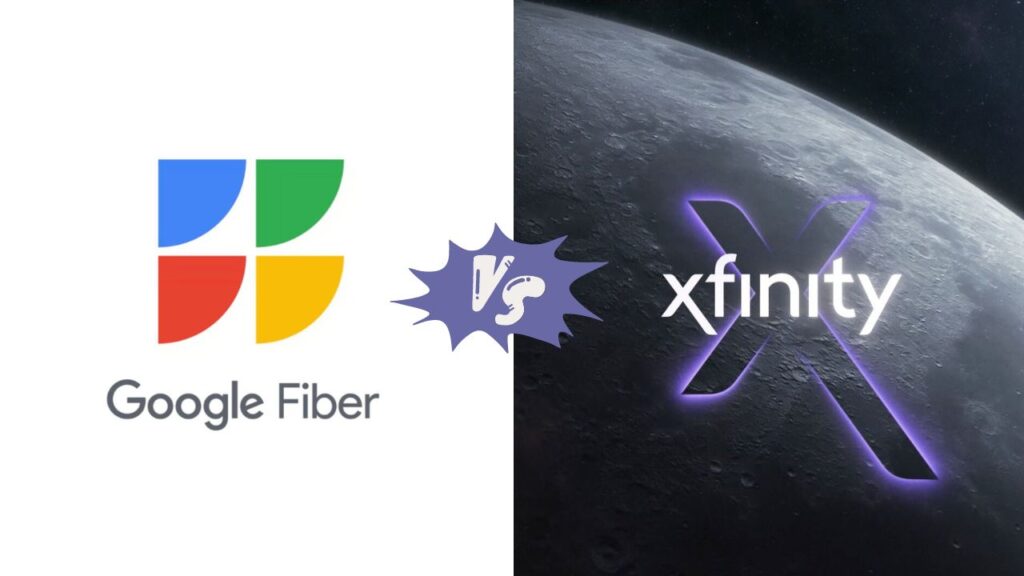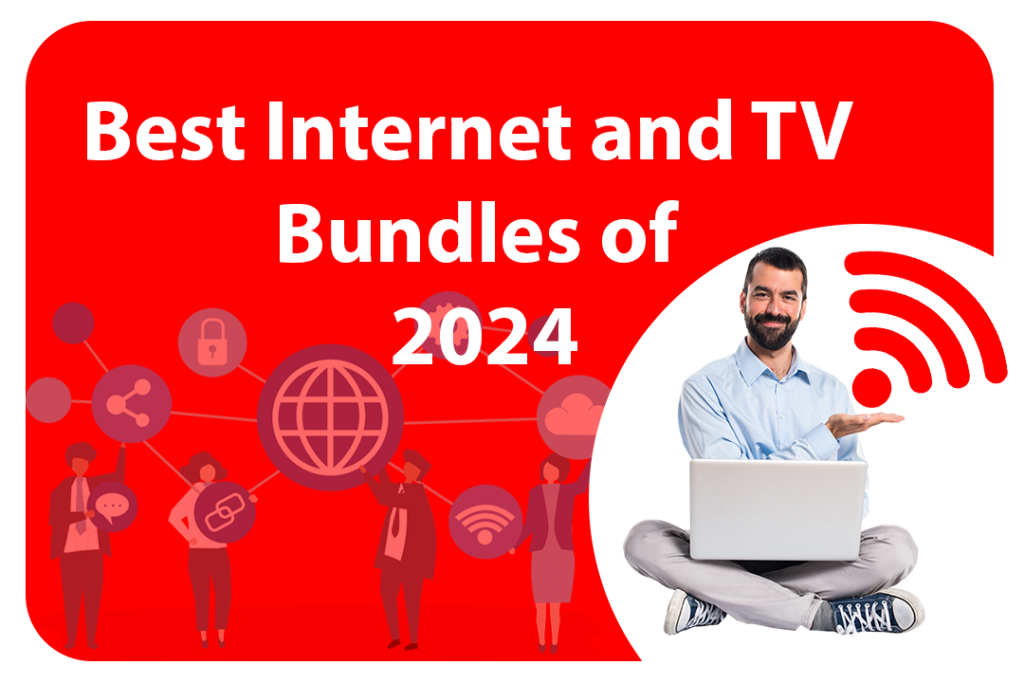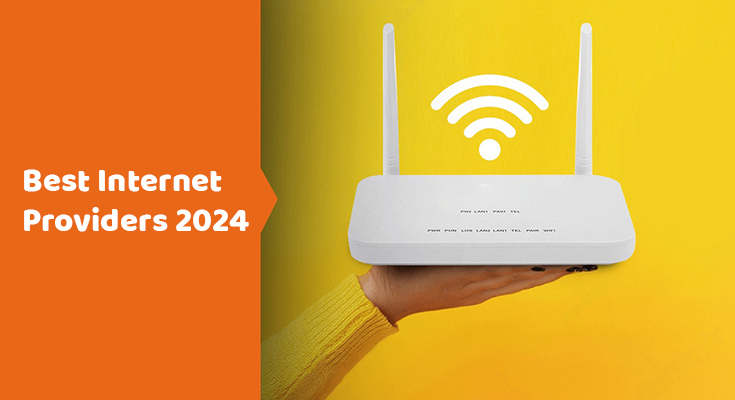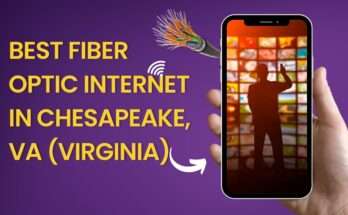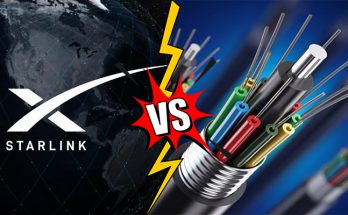Fiber-optic Internet connections are the primary option for commercial and residential users because of their unique performance. By using thin strands of plastic or glass to supply data as light signals, fiber-optic technology provides important benefits that improve online experiences. Not only does it offer lightning-fast speeds often increasing up to 1 Gbps, but also it offers lower latency, maximum efficiency, and improved protection. Plus, fiber connections assist with bigger bandwidth, incorporating different equipment without compromising speed. This makes them perfect for the latest data-driven atmospheres.
What is Fiber Optic Internet?
Internet fiber-optic includes a cable consisting of plastic fibers or delicate glass to supply data. This data runs as light pulses considering a special method. Importantly, it features speeds approximately 20 times quicker than standard cable connections approaching up to 1 Gbps.
The substantial dominance of fiber-optic cable internet over regional cable stays in the absence of copper wiring that can cause disturbances. As cable internet transmits its signals via metal wires, the metal’s heat generation can exhaust the signal and result in intervention. This inconsistency in reach is trustworthy for the desired efficiency and speed disparities between cable/DSL internet and fiber-optic connections. For the superb fiber-optic internet, Club HDTV always prefers fiber internet.
Working Procedure of Fiber Optic Internet
Fiber-optic Internet functions by distributing files like games and movies into data packets comprising binary digits (zeroes and ones). This signal is supplied via a laser, which directs it into the start of a plastic or glass thread. Notably, this “wire” features a diameter than a single thread of human air. However, fiber internet functions on equivalent strategies and can be launched at offices or houses at affordable internet prices.
To include the light beam within the thread, a special cladding covering is hired. The light signal converges along the walls, crossing 60-mile distances within this filament. Ultimately, it comes from the opposite end. A modem then reads the light signal and transforms it into a pattern appropriate for your system’s usage.
Types of Fiber Optic Cable Internet
3 types of fiber optic cable Internet are detailed below.
- FTTH or FTTP – It is the quickest and most reliable fiber-optic connection as the fibers are directly stretched to your doorstep such as “Fiber to the Home” or Premises”.
- FTTC – This pattern takes the fiber to the usage pole near your home but hires coaxial cable thereafter. Unfortunately, the short expansion of copper wiring becomes a restricting factor such as “Fiber to the Curb”.
- FTTN – This fiber-optics approach is within a mile of your residence. However, a larger visit via metal wires leads to this being the appropriate of the three options such as “Fiber to the Node”.
Perks of Fiber Optic Internet Connection
The best 10 advantages of internet fiber optic connections are detailed below.
- Blazing Fast Speeds – Fiber-optic technology provides valuable high-data transmission speeds allowing smooth streaming, quick download, and online gaming without buffering or lag.
- Consistent Performance – Despite other connections that may drop down during peak moments, fiber-optic manages slow speeds irrespective of network congestion, confirming efficient performance at all moments.
- Low Latency – Fiber-optic cables have minimum latency, decreasing delays in data supply and making real-time applications such as online gaming and video conferencing seamless and more reactive.
- Symmetrical Download and Upload Speeds – Fiber-optics offer similar download and upload speeds, serving modern internet activities like cloud storage, distant work, and video uploading.
- High Bandwidth – Fiber-optic networks have important bandwidth potential, incorporating various equipment and users continuously without removing quality or speed.
- Enhanced Reliability – Fiber-optic cables are a barrier to electromagnetic intervention and external factors, leading to more settled connections and some disturbances than regional cables.
- Future-Proof Technology – Fiber-optics can assist maximum data costs as technology emerges, confirming that your connection stays contesting and relevant in the face of future desires.
- Secure Transmission – Fiber-optic signals are hard to engage or intercept, improving the protection of your data during transmission and securing your online privacy.
- Longer Distances Without Signal Loss – Fiber-optic signals can visit over bigger distances without signal disturbance. Confirming it to deliver high-speed internet to regions that were already problematic to approach.
- Increased Property Worth – Properties with fiber-optic structures seem more captivating to potential renters or buyers, as they provide superb connectivity to modern lifestyles.
So, a fiber-optic cable internet connection is recognized for its unique speed, low latency, and efficiency. Plus, it features an unforgettable potential to impressively manage both recent and future desires of the internet. Its technological benefits make it the best option for those looking reliable and high-performance internet experience. To know more about internet deals, connect with Club HDTV customer service number – +1(855)-352-5313.
FAQ’s
Q. Is Fiber Optic better than WiFi?
A. Fiber optic is often considered better than Wi-Fi for delivering faster and more reliable internet connections. Fiber optics use light signals to transmit data, offering higher speeds and lower latency compared to wireless Wi-Fi, which can be affected by signal interference and distance limitations. However, Wi-Fi remains convenient for mobile devices and areas where laying fiber optic cables is not feasible.
Q. Is Fiber better than 5G internet?
A. Fiber internet is generally more reliable and offers higher consistent speeds compared to 5G. While 5G is convenient for mobile devices, it may face variability in signal strength and speeds based on location and network congestion.
Q. Which Fiber Optic provider is best in the USA?
A. Several Fiber Optic providers in the USA, such as Verizon Fios, AT&T Fiber, and Google Fiber, are well-regarded for their fast and reliable internet speeds. The “best” choice depends on your specific location, budget, and desired plan features.
Related Posts:-


